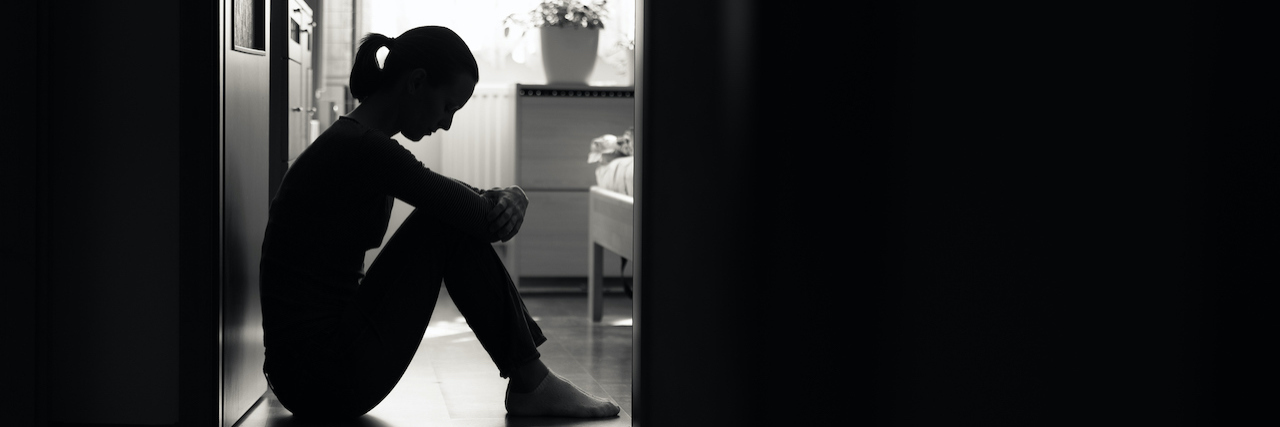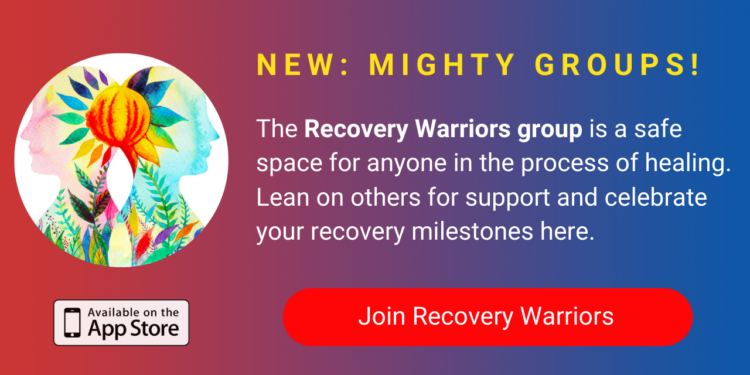I thought I was recovered because I fully weight restored.
I thought I was recovered because I no longer needed a higher level of treatment.
I thought I was recovered because I wasn’t restricting my calorie intake.
I thought I was recovered because I started eating fear foods.
I thought I was recovered because I stopped purging.
I thought I was recovered because I limited my exercise.
I thought I was recovered because everyone said I looked better, healthier and happier.
But was I?
Am I recovered if I’m still counting calories?
Am I recovered if I still avoid certain foods?
Am I recovered if I hide my body behind baggy clothes?
Am I recovered if I body check multiple times a day?
Am I recovered if I can’t leave the house because of bad body image?
Am I recovered if I still read nutrition labels?
Am I recovered if I am still thinking about food?
The answer is no, and yes.
You see, I am in quasi-recovery, which means I am partly doing recovery, and partly not.
Quasi-recovery is weird because I think I am doing alright and to friends and family, everything seems to be OK: but it’s not. It’s like my body has recovered physically, but my mind is still suffering with the disordered thoughts.
Quasi-recovery is like being sick of the eating disorder and no longer wanting it, but still giving in to it here and there to please it. In the hopes that it might leave you alone for awhile, but it never does.
Quasi-recovery is like saying yes, I will have pizza tonight, but only if I eat a salad for lunch.
Quasi-recovery is thinking you have the best of both worlds. Being “recovered” and occasionally doing things on the eating disorder’s terms, but the truth is it gets you nowhere.
And this is a place that I think most people find themselves in, but it is often not talked about. Many people see recovery as an all or nothing process. You’re either doing it, or you’re still in your eating disorder. But I don’t think recovery is that black and white. It’s a process. Yes, I do think in order to fully recover, you need to be all in. But getting from point A to point B is not just a quick decision away.
I’ve been in quasi-recovery for eight months. It honestly convinced me that I was doing recovery full-forced. I thought if I wasn’t in treatment, that meant I was recovered. But the truth is, I am still working on recovery, and still working on recognizing my disordered thoughts and behaviors so I can get out of quasi-recovery.
I know one day it will happen, it just takes time.
Getty image by kieferpix


